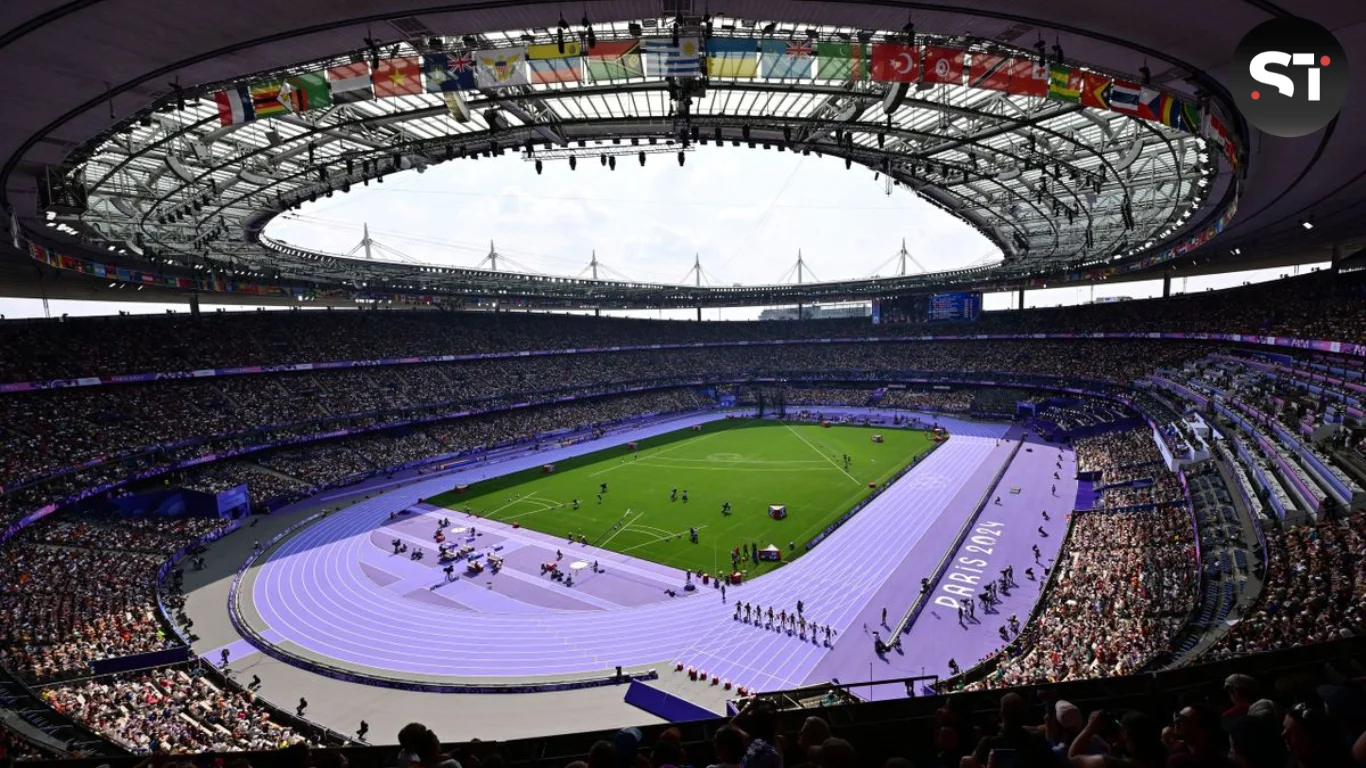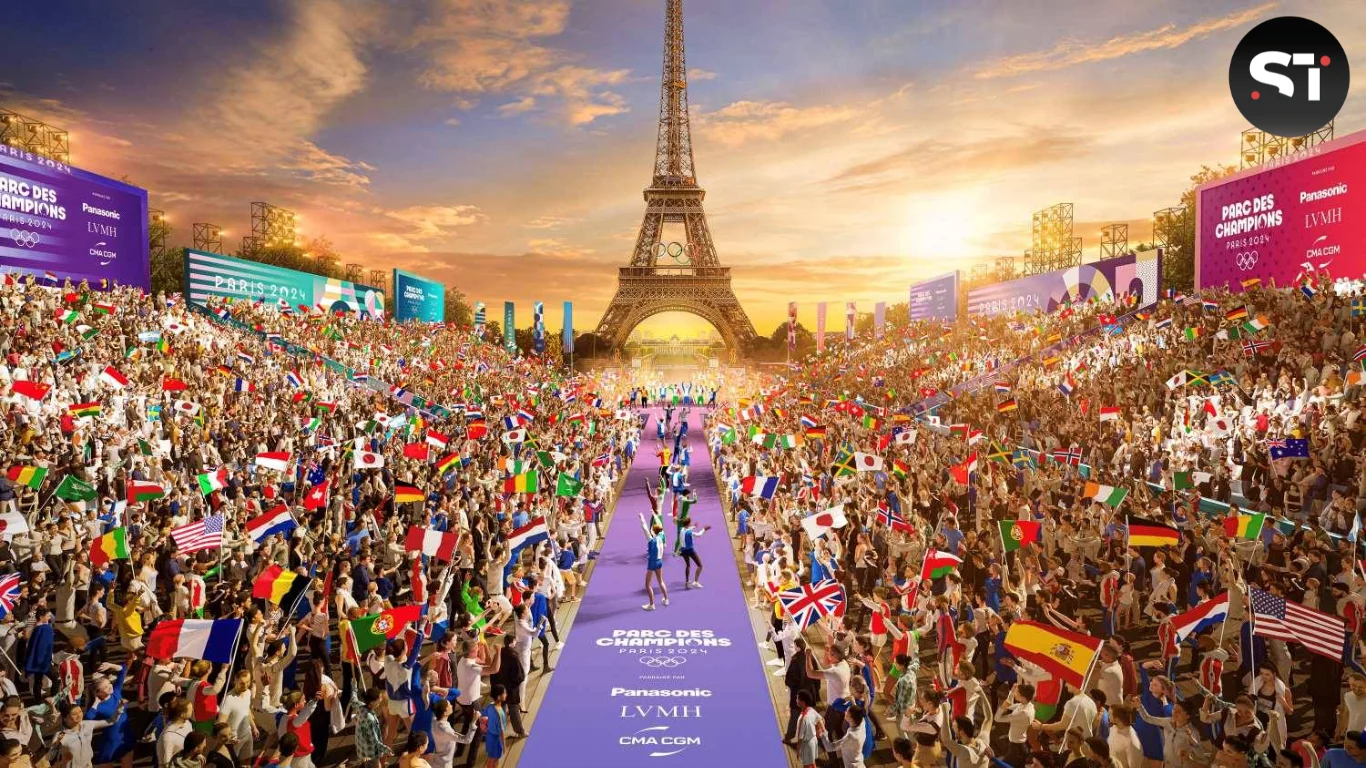The Olympic Games have long been a showcase of human athleticism, determination, and cultural diversity. As the world eagerly anticipates the Paris Olympics in 2024, a wave of excitement is building around the inclusion of new sports that promise to bring fresh energy and appeal to this storied event.
These additions not only reflect evolving global interests but also represent a bold step towards modernizing the Olympic program. In this article, we’ll explore the new sports making their debut or returning to the Olympic stage, examining their significance, challenges, and the impact they’re likely to have on the Games and sports culture at large.
Breaking New Ground: Skateboarding
One of the most eagerly anticipated new sports in the Paris Olympics is skateboarding. After its successful debut in Tokyo 2020, skateboarding is set to make an even bigger splash in Paris. This urban sport, with its roots in counterculture, brings a youthful and rebellious spirit to the Olympic arena.
Skateboarding’s inclusion represents a significant shift in the Olympic paradigm. It appeals to a younger demographic, potentially attracting a new generation of viewers and participants.

Moreover, the sport’s accessibility – requiring only a board and a patch of concrete – makes it a democratic choice that aligns with the Olympic ideal of universal participation. However, the inclusion of skateboarding is not without its challenges.
The sport’s judging criteria, which blend technical skill with style and creativity, present a unique challenge for Olympic standardization. Additionally, some within the skateboarding community have expressed concerns about the sport losing its countercultural edge as it enters the mainstream Olympic spotlight.
Making Waves: Surfing
Another exciting addition to the Paris Olympics is surfing. Although it debuted in Tokyo, its inclusion in Paris marks a significant milestone as the surfing events will be held in Tahiti, French Polynesia – nearly 10,000 miles away from the host city.
This decision not only showcases the natural beauty of France’s overseas territories but also highlights the Olympic committee’s flexibility in accommodating sports that require specific natural conditions.

Surfing’s inclusion brings the raw power of nature into the Olympic fold, adding an element of unpredictability and spectacle that few other sports can match. Nevertheless, the distance between Paris and Tahiti poses logistical challenges.
Ensuring fair competition while maintaining the Olympic spirit of unity across such a vast distance will be a test for organizers. Furthermore, the environmental impact of hosting an Olympic event in a pristine natural location has raised concerns among environmentalists.
Climbing to New Heights: Sport Climbing
Sport climbing, another new sport that debuted in Tokyo, returns to the Paris Olympics with an expanded format. This time, speed climbing will be a separate event, allowing for more specialized competition in the lead and bouldering disciplines.

The inclusion of sport climbing brings a unique blend of physical strength, problem-solving skills, and mental fortitude to the Olympic stage. It’s a sport that tests athletes in multiple dimensions, requiring not just raw power but also strategy and composure under pressure.
However, the sport faces challenges in terms of accessibility and diversity. Climbing facilities are not as widespread as those for more traditional sports, which could limit participation from certain countries. Additionally, efforts are ongoing to make the sport more inclusive and diverse at the elite level.
Breaking Boundaries: Breakdancing
Perhaps the most surprising and innovative addition to the Paris Olympics is breakdancing, or “breaking” as it’s officially known. This urban dance form, born in the Bronx in the 1970s, brings a unique blend of athleticism, artistry, and cultural expression to the Olympic stage.

Breaking’s inclusion is a bold move that reflects the IOC’s efforts to make the Olympics more urban, youthful, and culturally diverse. It’s a sport that requires incredible physical skill, creativity, and musicality, offering a fresh perspective on what constitutes Olympic-level athletic performance.
Yet, the inclusion of breaking has not been without controversy. Some argue that it’s more of an art form than a sport, questioning its place in the Olympics. There are also concerns about how to fairly judge such a creative and subjective discipline within the Olympic framework.
The Return of Baseball and Softball
While not entirely new to the Olympic program, baseball and softball will make a welcoming return to the Summer Olympics 2028 after being absent since 2008. Their inclusion reflects their global popularity and the strong lobbying efforts of their respective international federations.

The return of these sports is expected to boost interest in the Olympics, particularly in countries where they are popular, such as the United States, Japan, and parts of Latin America. However, challenges remain in terms of venue construction and ensuring competitive balance given the professional nature of these sports in some countries.
Impact on the Olympic Movement
The inclusion of these new sports in the Paris Olympics represents a significant shift in the Olympic movement. It reflects a concerted effort to make the Games more relevant to younger audiences, more inclusive of diverse cultural expressions, and more adaptable to changing global interests.
Moreover, these additions challenge traditional notions of what constitutes an Olympic sport. They bring elements of creativity, style, and cultural expression that have not been prominent in more established Olympic disciplines. This shift could potentially influence how we perceive and value athletic performance in the future.
However, the expansion of the Olympic program also presents challenges. There are concerns about the increasing size and cost of the Games, as well as the potential dilution of the Olympic brand. Balancing tradition with innovation will be an ongoing challenge for the Olympic movement.
Suggested Read: Inside Paris 2024: Exploring the Venues of Paris Olympics
Final Words
The inclusion of new sports in the Paris Olympics marks an exciting new chapter in Olympic history. From the urban cool of skateboarding and breaking to the natural spectacle of surfing, these additions promise to bring fresh energy, diverse audiences, and new perspectives to the Games.
The new sports at the Paris 2024 Olympics signify a step towards a modern, inclusive, and culturally relevant Games, enhancing the overall spectacle and potentially reshaping our understanding of athleticism and cultural expression.
As anticipation builds, both traditional and new sports promise to make the event groundbreaking, ensuring something for everyone and reaffirming the Olympics as the premier global sporting event. The excitement for these additions highlights the evolving nature of the Games, making the Paris Olympics a highly anticipated occasion for all sports enthusiasts.







